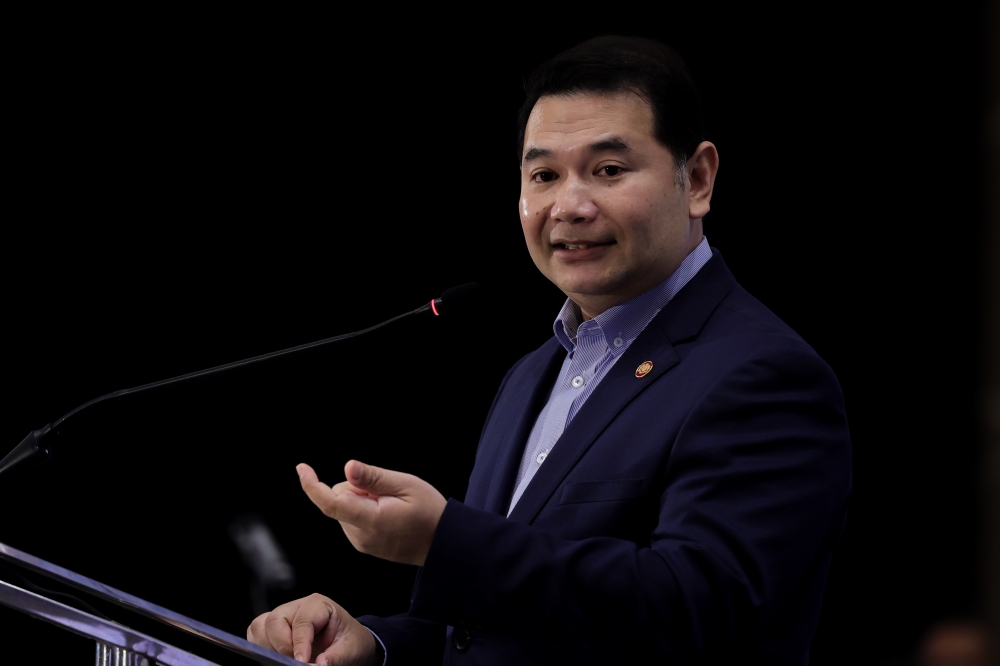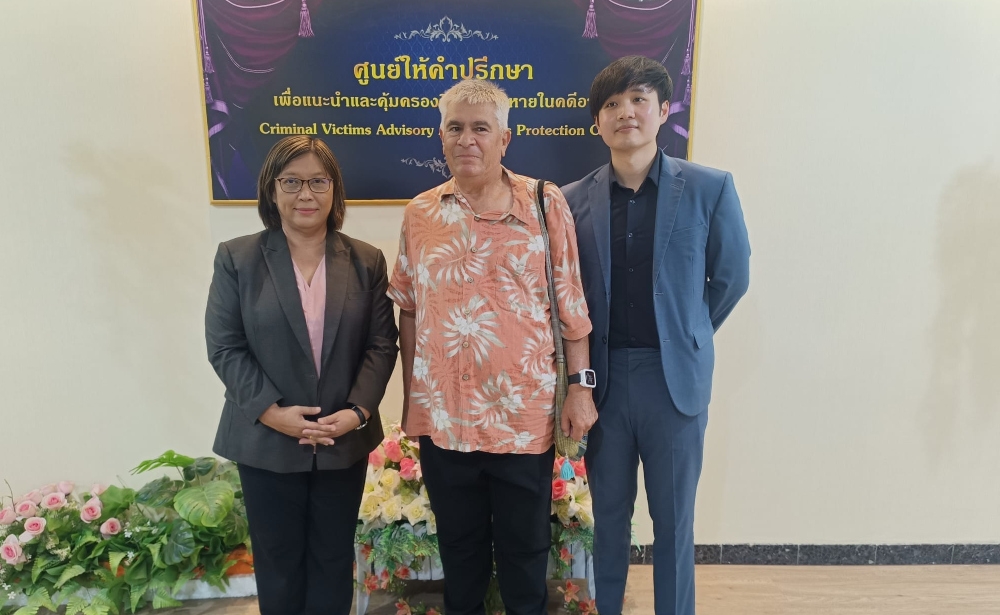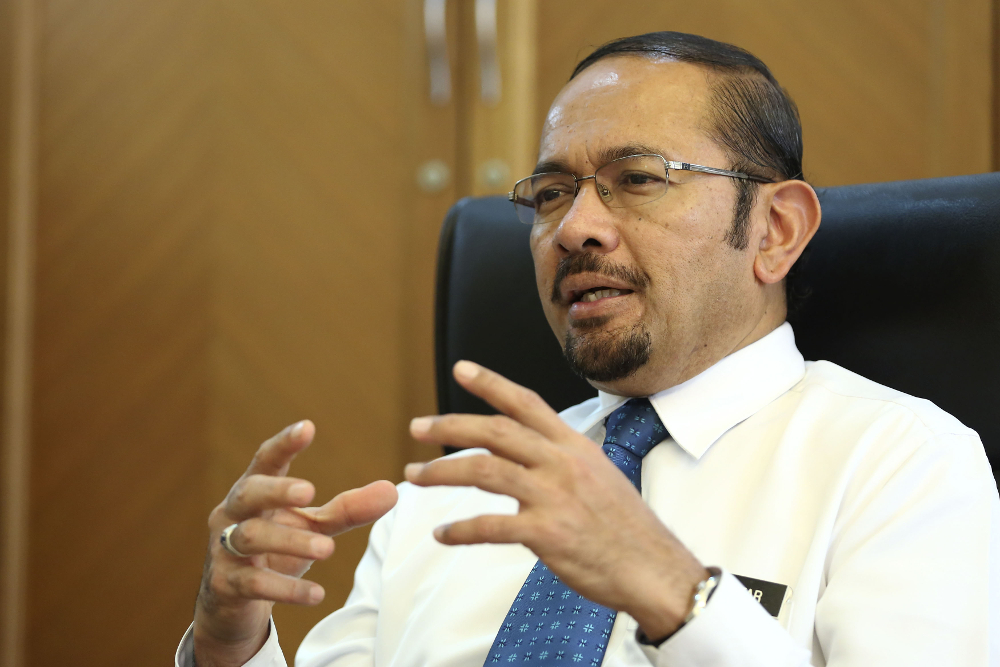KUALA LUMPUR, Jan 25 ― Malaysia will be ramping up its crackdown on financial crime by harnessing the power of big data, while ensuring seized assets do not lie idle.
Datuk Seri Mustafar Ali, CEO of the newly-formed National Anti-Financial Crime Centre’s (NAFCC), said the centre will usher in a “new dimension of collaboration and co-operation” among the country’s law enforcement agencies and government bodies with joint raids and information sharing.
No more silos
Noting that illicit cigarettes can cause losses in tax revenue of around RM5 billion annually, Mustafar said this issue will be tackled together with the Royal Malaysian Customs Department and other relevant bodies such as Companies Commission of Malaysia and the Malaysian Anti-Corruption Commission (MACC) if necessary.
“We are not working in silos, we are not working as just only MACC or only Customs, but rather we are really working in an environment of collaboration and co-operation,” he told Malay Mail.
Even before the government formally establishes NAFCC through a new law, collaboration involving government agencies and statutory bodies has already begun, with officials working together under one roof in the NAFCC.
Officials in the NAFCC currently include Mustafar himself, representatives from Bank Negara Malaysia, the police, the attorney general’s office, the Companies Commission of Malaysia, Customs, Immigration department, Inland Revenue Board, with more expected to join from other government bodies.
Big data
Mustafar also plans to set up a “central intelligence database” at the NAFCC, which will compile existing data extracted from different agencies such as land ownership and vehicle matters from the land registry and the Road Transport Department, as well as financial information from the banking industry.
The NAFCC would then analyse the “big data” to identify the flow and illegal outflow of money, and to identify the modus operandi and perpetrators of financial crime.
With banks required to report to Bank Negara Malaysia if transactions exceed the RM25,000 threshold, Mustafar said the analysis of such data could prove useful.
When asked if the NAFCC may use artificial intelligence (AI) in its work, Mustafar replied in the affirmative, saying: “AI is a must because now we are talking about big data. We need to have all kinds of technology or ICT.
“Of course, AI is one of the elements we must have, even to the extent we are talking about Industrial Revolution 4.0, we must think big, but the capacity of course we try to develop,” he said.

Generating revenue from seized assets
Mustafar said NAFCC will also carry out “asset management”, where it will work with all agencies including the Ministry of Finance to use assets seized in investigations to generate revenue while pending the presenting of such items as exhibits or evidence in court.
“Take for example when cars are confiscated... when houses, when a business is confiscated... but what happens to the car? It’s going to be abandoned, put in one corner in the garage... so the property will depreciate in terms of value,” he said.
Mustafar said money seized during investigations can be put into fixed deposit to increase government revenue in the form of interest, instead of just having it lie idle in safe deposit boxes in banks.
As for businesses that are closed down due to irregularities or wrongdoing, which could in turn result in unemployment and lost revenue, Mustafar said the government could instead get a consultant or another party to run the business with the money going to the government.
Current status
Mustafar said a three-month timeframe from January to March has been set for the drafting of a parliamentary Bill under which NAFCC would be officially formed, with an eye to be fully operational by June this year after the Bill is passed in Parliament.
“But as it is now we have an interim nucleus team to draft the Bill, together with the AG’s office and also to look into the SOPs, all the systems and procedures that need to be addressed.
“We have about 28 officers at the moment, but after the passing of the Bill we can get more manpower,” he said.
The NAFCC is currently parked under the National Centre for Governance, Integrity and Anti-Corruption (GIACC).
Mustafar said the NAFCC will also be placed directly under the prime minister, with its powers to be derived from the new Act that will also make clear its functions.
Global benchmarks
Mustafar confirmed that the NAFCC will be working with international bodies in its fight against financial crime, noting that it has already started working with Australian and UK authorities.
“Because this is a new institution, we look at benchmarks from various international authorities, from the UK, Australia, perhaps New Zealand and some other countries.
“We benchmark in terms of what has been done at the international level or other international organisations of like-minded institutions like the NAFCC, so that we can learn and relearn and improvise,” he said.
“We are looking at best practices that we can emulate and implement here in Malaysia,” he said, adding that the NAFCC would modify such practices to fit the local scenario.
Mustafar said the NAFCC will also engage with other parties from the private sector as well as the Bar Council to share and exchange information, while also ensuring “buy-in” of the NAFCC’s work.
“Because it is a newly-established organisation and people need to understand about our job and functions,” he said.




















